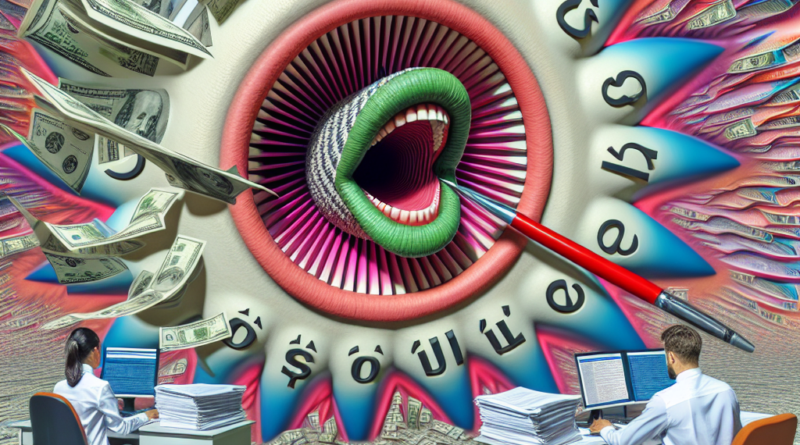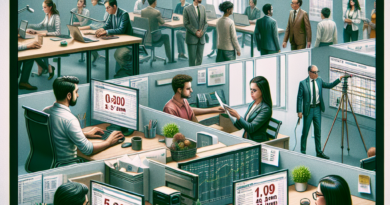Tax Audits: How Likely is an INPS Doctor’s Visit?
Low Likelihood of INPS Medical Checks During Illness
Although the risk of facing an INPS medical check is significant, prompting every worker to be attentive to compliance with the obligation of availability, the presence of a doctor is far from guaranteed.
According to INPS data on sick leave certificates received in relation to the number of checks carried out, the probability of a medical visit is lower than one might think.
Even though the mere possibility of severe sanctions, including the risk of dismissal, should be enough to ensure that the rules regarding illness, where the worker must be available at their home or another specified address during the hours of medical visits, are always respected.
Statistics and Probabilities
Examining the most recent INPS data from the last quarter of 2023, revealed in the observatory report on the unified sickness protection center, sheds light on the probabilities of undergoing a medical check during illness.
In this period, out of a total of 9,227,328 reported cases of sickness, only 214,169 medical checks were conducted, comprising 125,197 in the public sector and 88,972 in the private sector.
These figures translate to a mere 2.32% of cases undergoing a medical visit, with a higher rate of 5.58% in the public sector compared to a lower percentage of 1.27% in the private sector.
Despite the low probability of being subjected to a check, compliance with regulations is high, with only 22,127 unjustified absentees being sanctioned out of the total medical visits conducted, representing 10.33%.
Factors Influencing the Likelihood of Medical Checks
Typically, the chances of facing a medical check are quite remote, with just over 5 out of 10 cases in the public administration and slightly over 1 out of 100 in the private sector.
The probability is influenced by the worker’s situation, with first-time sickness events in a year rarely triggering a medical check, which is more probable in cases of relapse.
Especially for workers overseen by the unified INPS center, medical checks are ordered for events with a likelihood of reducing the prognosis.
However, only 2,438 cases, or 1.14%, resulted in a reduction of the sick leave period following the check, whereas 78.14% had their prognosis confirmed.
Despite the seemingly low likelihood of medical checks, workers should not perceive this as an invitation to break the rules.
Even though the chances are slim, there is still a risk of sanctions for non-compliance, particularly in cases of relapse, where the possibility of losing one’s job exists.




